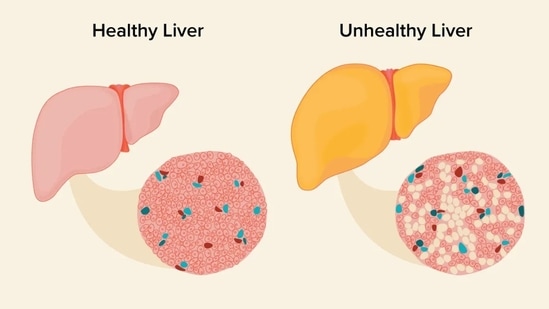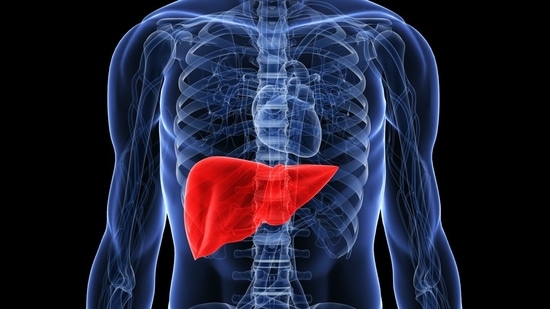Did you know that your liver has a built-in defense system designed to stop cancer before it starts? Scientists at the University of California, San Diego School of Medicine have discovered how this vital safety measure can fail, shedding light on the alarming rise in liver cancer worldwide.

Liver cancer, the sixth most commonly diagnosed cancer and the fourth leading cause of cancer death worldwide, has increased by 25-30% over the past two decades. The findings, published in Nature, reveal a worrying link between poor diet, fatty liver disease and liver cancer.
The role of fatty liver disease
Fatty liver disease, especially its severe form called metabolic dysfunction-associated steatohepatitis (MASH), is a major precursor to liver cancer. MASH, often caused by diets high in fat and sugar, affects millions of people worldwide.
“MASH leads to chronic inflammation and liver damage,” explained Dr. Michael Karin, a professor of pharmacology at the University of California, San Diego. “For many, the condition progresses to fatal liver cancer or complete liver failure, often requiring a transplant.”
In the United States alone, approximately 25% of adults have fatty liver disease, with 20% of them progressing to MASH.

How cancer defies natural defenses
Our bodies are equipped with a self-defense mechanism called cellular senescence, in which damaged cells stop dividing to prevent cancer, but a team at the University of California, San Diego has discovered how this defense can backfire in liver cancer. Using cutting-edge research in mice and human tissue, researchers have found that diets high in fat and sugar damage the DNA of liver cells, pushing them to age.
While most senescent cells remain harmless, some survive and mutate, eventually contributing to tumor growth. A key player in this process? An enzyme called FBP1, which acts as a molecular switch to trigger tumor suppression, is important. Alarmingly, most liver cancers suppress FBP1, allowing precancerous cells to escape senescence and continue to divide uncontrollably.

Diet: The Silent Culprit
Dr Karin emphasized the importance of dietary choices and said: “A bad fast food diet can be just as dangerous over time as smoking. Bad diets significantly alter cell function, down to the DNA.’
The study highlights the profound impact of diet, linking excessive sugar and fat intake to DNA damage and cancer progression.
Future treatments on the horizon
Discovering the role of FBP1 in liver cancer opens up opportunities for potential therapy –
- Nutritional interventions: Correcting imbalances caused by poor nutrition using targeted drugs or nutritional supplements.
- Advanced Antioxidants: Development of next-generation compounds to more effectively counteract DNA damage.
“These strategies can help restore the body’s natural defenses against liver cancer,” says Dr. Karin.
Highlights for a healthy future
This ground-breaking research not only unravels the mystery of how liver cancer develops, but also highlights the power of prevention –
- Eat a balanced diet: Reduce your intake of processed foods high in sugar and fat.
- Monitor liver health: Regular checkups can help detect fatty liver disease early.
- Be active: Small lifestyle changes, such as exercise and a healthy diet, can significantly reduce your risks.
As science continues to uncover the link between diet and disease, the message is becoming clear: Your daily choices can either protect or compromise your health. This year, decide to prioritize your liver — and your life.
Disclaimer: This article is for informational purposes only and is not a substitute for professional medical advice. Always consult your doctor for any health concerns.










